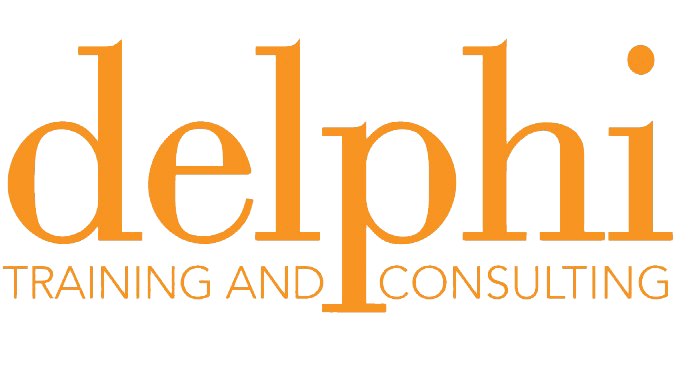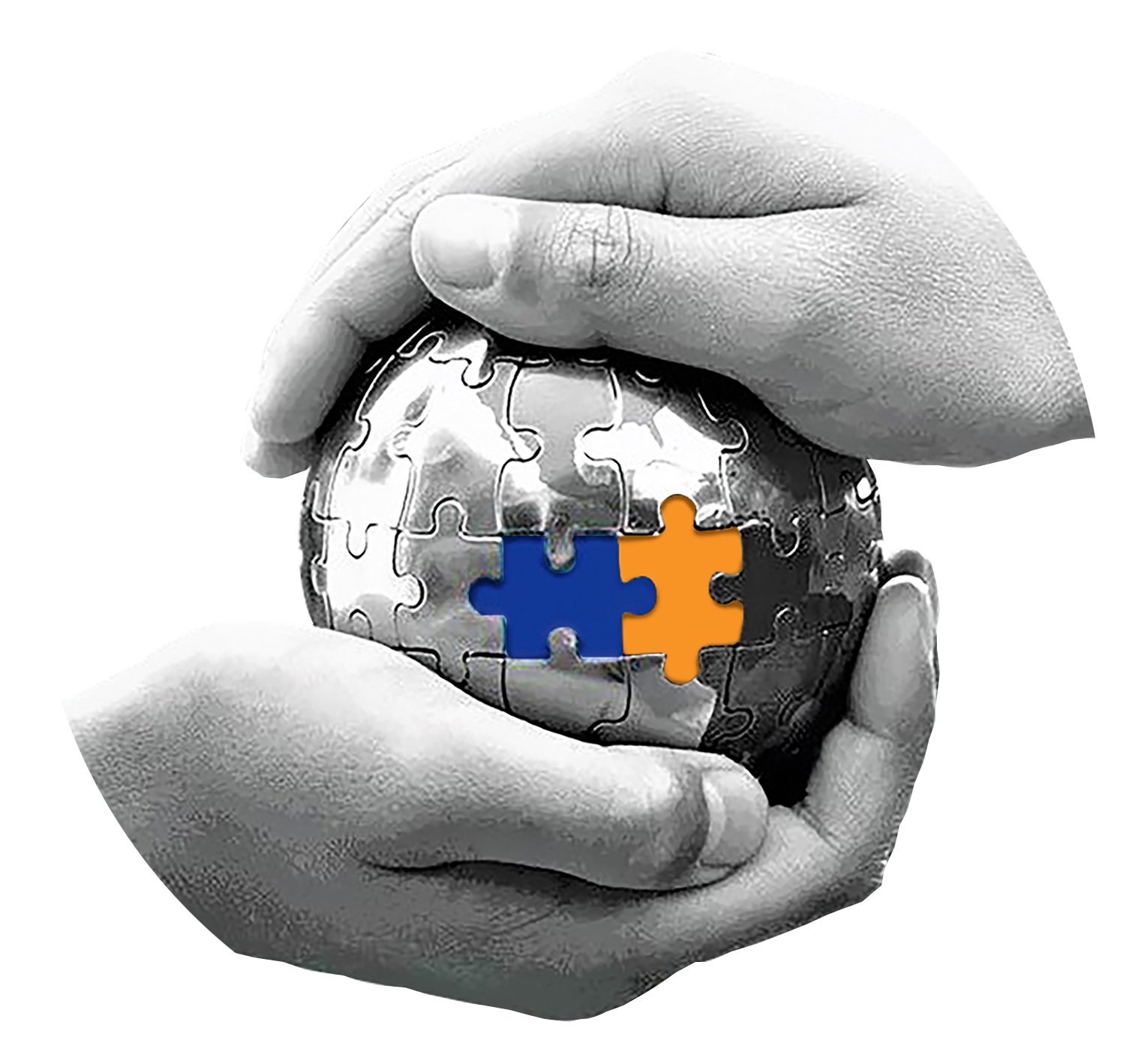
Join our NETWORK
Get all latest news, event updates and access to resources & information.
To recieve a copy of your certificate of completion, please click on the button below, fill in the form and a copy will be emailed you.
When reduced to a symptom complex, addiction can be seen as a primary brain disorder with genetic influences. However, when seen from a developmental perspective, addictions serve a particular function within the system of a particular personality.
This webinar will address the deep relationships between developmental trauma, emotional regulation, personality development and addiction. These connections are based in contemporary neuroscience and depth psychology, to form a transdiagnostic and integrated model of addictions with important clinical applications.
To generate your course completion certificate, please enter your details in the form below and a copy of your certificate will be emailed to you shortly.

Eli Kotler, MD, is a consultant psychiatrist, holds an academic position at Monash University through the Alfred Psychiatry Research Centre, and is the medical director of Malvern Private Hospital, the first addiction hospital in Australia. Through involvement with Monash University, Eli oversees the addiction rotation for medical students. He is a member of the Australasian Professional Society on Alcohol and other Drugs (APSAD).
Clinically, Eli is interested in the deep connections between trauma and addiction and works within a neuro-psychoanalytic framework. Eli has overseen the development of a clinical program for addictions focused on trauma, particularly developmental trauma. This has led to an interest in psychedelic-assisted trauma therapy. He has recently been appointed as the Principal Investigator to lead Emyria’s upcoming MDMA-assisted therapy trial for treatment-resistant PTSD. Eli also worked for many years researching neurodegenerative diseases and was the Principal Investigator on numerous trials for novel therapeutics.
Eli graduated from the first intake of the Certificate in Psychedelic-Assisted Therapies (CPAT) in June 2021 and is currently part of the teaching faculty on the CPAT course run by the charity Mind Medicine Australia. Eli is a Director at Mind Medicine Australia, and the founding member of the Melbourne Neuropsychoanalytic Group.
Eli will present for Delphi for the first time in 2022.


Get all latest news, event updates and access to resources & information.

To recieve a copy of your certificate please enter your details in the form below, you will recieve a copy of your certificate after submission.